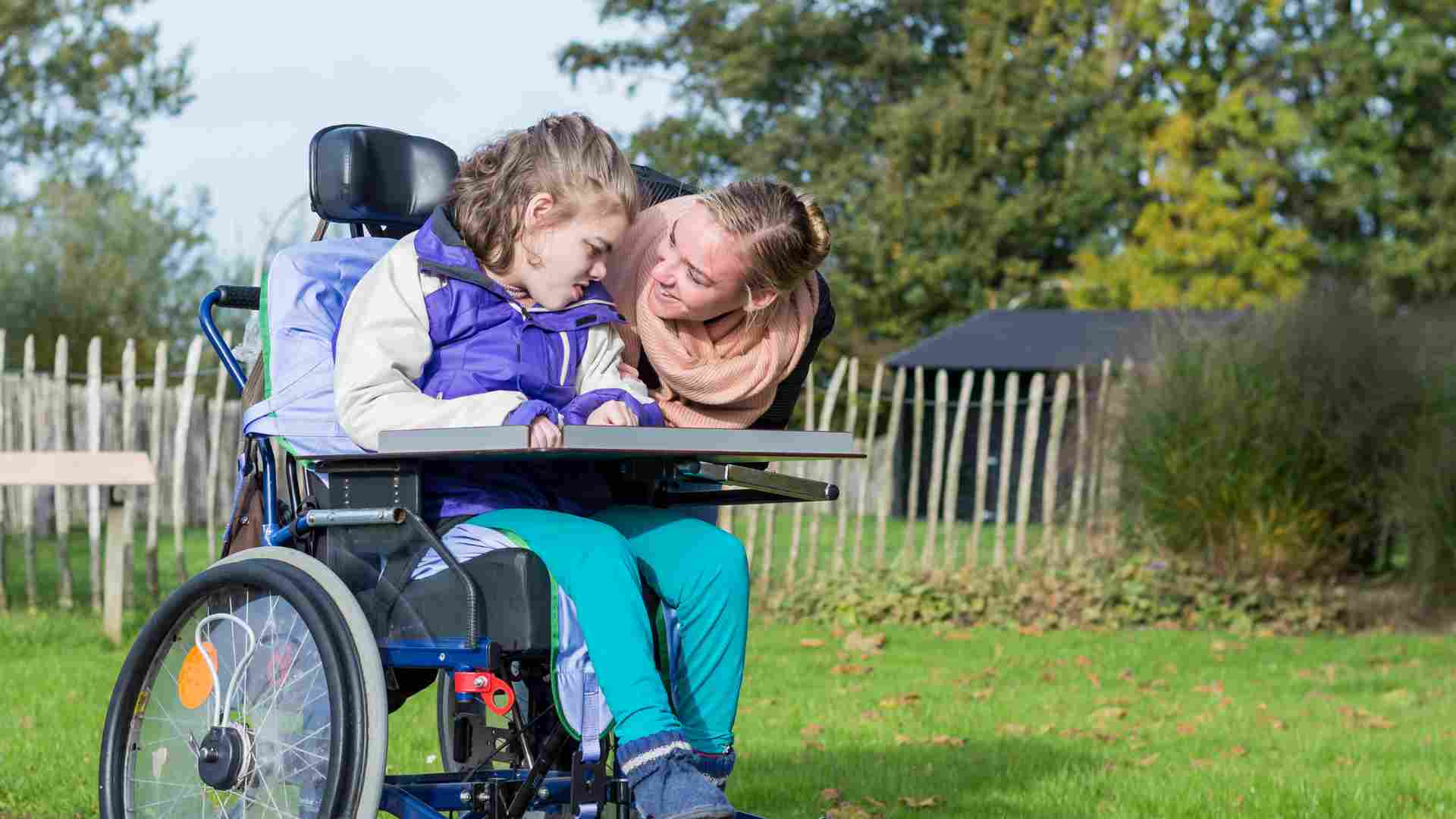We examine why Revenue Ruling 2023-2 matters in Jacksonville estate planning, what it says now, and how it affects your estate planning strategy in Jacksonville for passing wealth to loved ones.
Without an estate plan in place, and that includes a will, power of attorney, and health care directives, dividing up an estate gets messy, fast. Preparing a will does not really take that much time, but it does require you to do some work, like making a list of your assets and sitting down with an estate planning attorney.
The title of this article from Zing! says it all: “What Happens If You Die Without a Will? You Might Leave Behind Hurt Feelings, Legal Battles and Chaos.” Dying without a will, means that your estate is “intestate,” and the rules of your state will dictate exactly what happens to your assets. You may not want your kid brother or the man you were divorcing to get anything but depending on your state’s laws and your marital state, that could happen.
In most states, your assets will pass to your kids and your spouse. If you don’t have any, your assets are passed on to your nearest living relatives. If your kids are minors, the court will decide who will raise them. A will is also about naming a guardian for your minor children and naming a person who will be in charge of your money to look after them.
When there’s no will, everything is decided by the court.
Having a complete estate plan is like a gift to your survivors. It tells them exactly what you want to have happen to your possessions, who you want to make decisions on your behalf for medical care if you are unable to, who you would want to raise your children and even what kind of funeral you want to have.
Here’s an example, let’s say that an adult is financially supporting a parent, even though the adult does not live with their parent. In New York State, if that person dies, their spouse inherits everything. If that person has a spouse and children, the spouse inherits the first $50,000 plus half the balance of the estate. The children inherit everything else.
The parent who was dependent upon the adult child, is left on their own. The parent would have to hope that her daughter-in-law (or son-in-law) would be willing to continue to help them. Basic estate planning could have set up a trust or other mechanism to support that adult.
Another concern: if you die without a will, it is more likely that people you don’t know, may try to fraudulently make claims on your estate. There may be bitter resentment, if one family member steps up to try to take charge of the process. That person will have to apply to the court to be appointed as the estate administrator. When that happens, your assets will be frozen. If no one wants to become the executor, the court will appoint a public trustee.
What if there’s not enough money to support the family and the family home needs to be sold? That would become a legal and financial nightmare for all concerned.
By sitting down with an experienced estate planning attorney, you protect yourself, your assets and your family and loved ones. You can determine how you want your assets to be distributed. You can also determine who you want to be in charge of your financial life and your health, if you should become incapacitated. With a will, power of attorney, power of attorney for healthcare, and other documents that are used, depending upon your unique situation, you can have a say in what happens and spare your family the legal, financial, and emotional stress that occurs when there is no will.
Reference: Zing! (March 4, 2019) “What Happens If You Die Without a Will? You Might Leave Behind Hurt Feelings, Legal Battles and Chaos”



